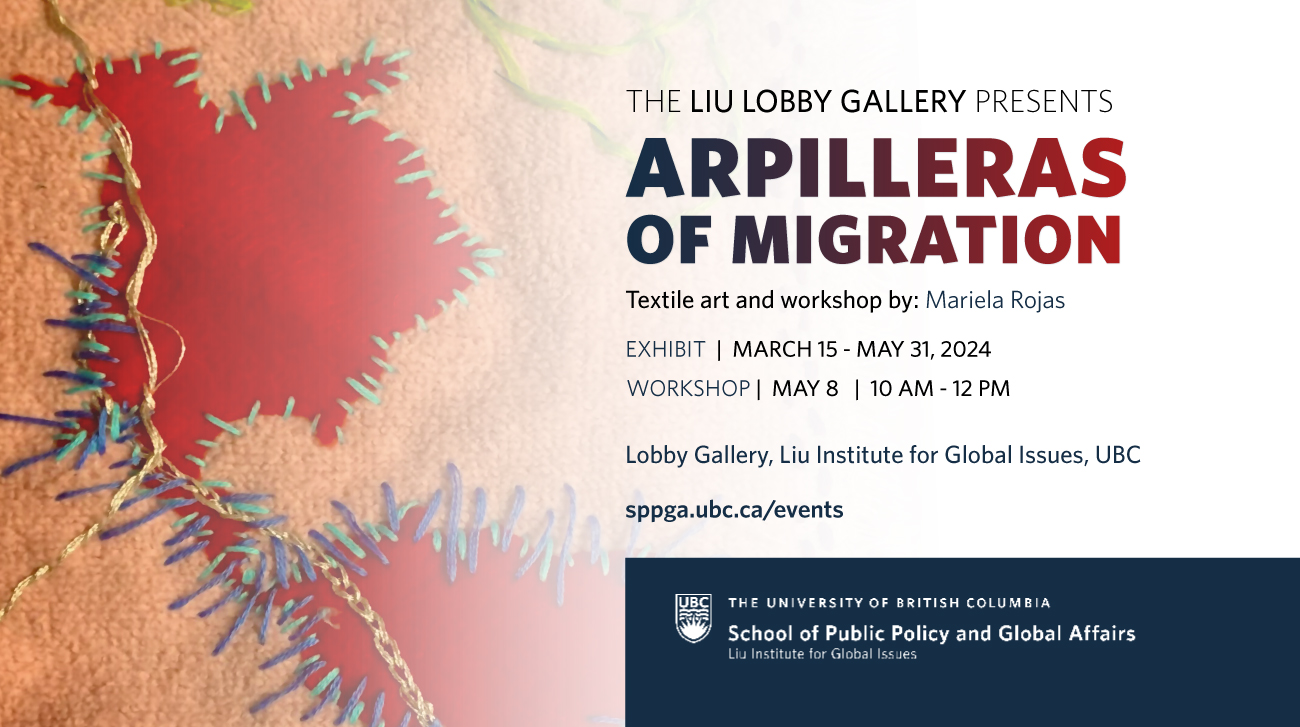To stay competitive in the global marketplace, states have been increasingly forced to supplement their domestic workforce with foreign labor. However, the question of labor importation remains highly contentious, producing puzzling cross-national variation in admission schemes for less-skilled workers. How can we explain this policy divergence among similar advanced economies? In this talk, Dr. Kalicki argues that such policies are not simply a product of globalization, nor are they solely domestically driven. Instead, they arise from the interaction of international and domestic political factors. Specifically, global and local pressures to internationalize domestic labor markets are filtered through the state’s perception of security risks involved in admitting particular ethno-national groups of labor migrants, and are subject to inter-ministerial bargaining over policy authority within the state apparatus. In Japan, security fears combined with bureaucratic rivalries yielded indirect labor recruitment channels, including for foreign co-ethnics. This argument is demonstrated by placing Japan in a comparative context.
About the speaker: Konrad Kalicki (Ph.D., University of British Columbia, 2015) is a Research Fellow at the Institute of Asian Research of the University of British Columbia, and a former Postdoctoral Fellow at the Weatherhead Center for International Affairs, Harvard University. He specializes in comparative politics (East Asia and Europe), with a particular focus on international migration and immigration policy. His research has appeared in the Social Science Japan Journal, Japanese Journal of Political Science, Asian Studies Review, Ethnopolitics, and Migration and Citizenship.
